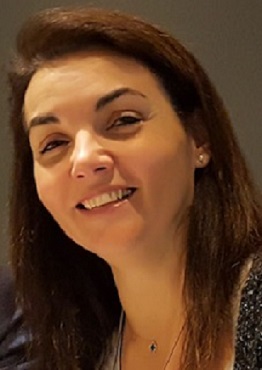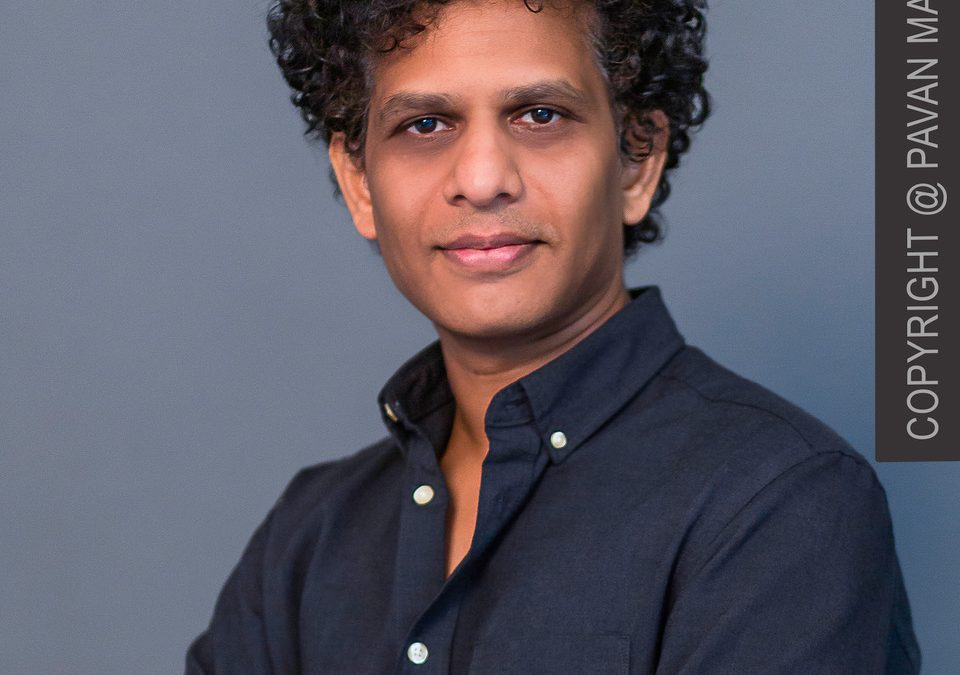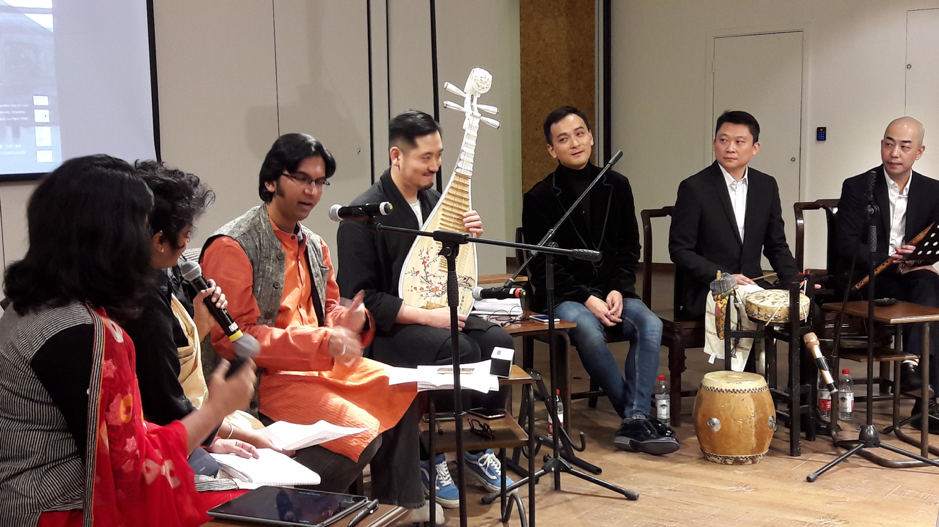
A New Approach to World Literature, Trans-temporal and Trans-cultural Translation

Open to the NYU Abu Dhabi community and by invitation.
21 February 2024
12.00 – 13.30
A6-006
With Tammy Lai-Ming Ho (Editor-in-Chief of Cha: An Asian Literary Journal)
A light lunch will be served.
This talk offers a new lens through which to consider World Literature from what I call a ‘trans-temporal and trans-cultural translation’ perspective. I argue that texts that have undergone this process exhibit characteristics that other texts, straightforwardly translated into other languages, may lack. The texts that have been trans-temporally and trans-culturally translated can be regarded as ‘exemplary’ World Literature texts.
This process of trans-temporal and trans-cultural translation is not only observed in poetry but also in other genres. Most of the texts discussed would have some relationship with the Chinese language, and this will draw attention to the centrality of China and Chinese texts in the study of World Literature. While the topic of World Literature continues to be a fertile field of exploration for students, readers and scholars, my talk contributes an original theory, centring on translation and cross-cultural interpretations, to the field.
This talk would/could engage students with backgrounds in either/both Chinese or/and Southeast Asian backgrounds. I will discuss the possibilities of finding such intricate connecting points beyond the confines of Chinese/Southeast Asian literature in the field of World Literature.





